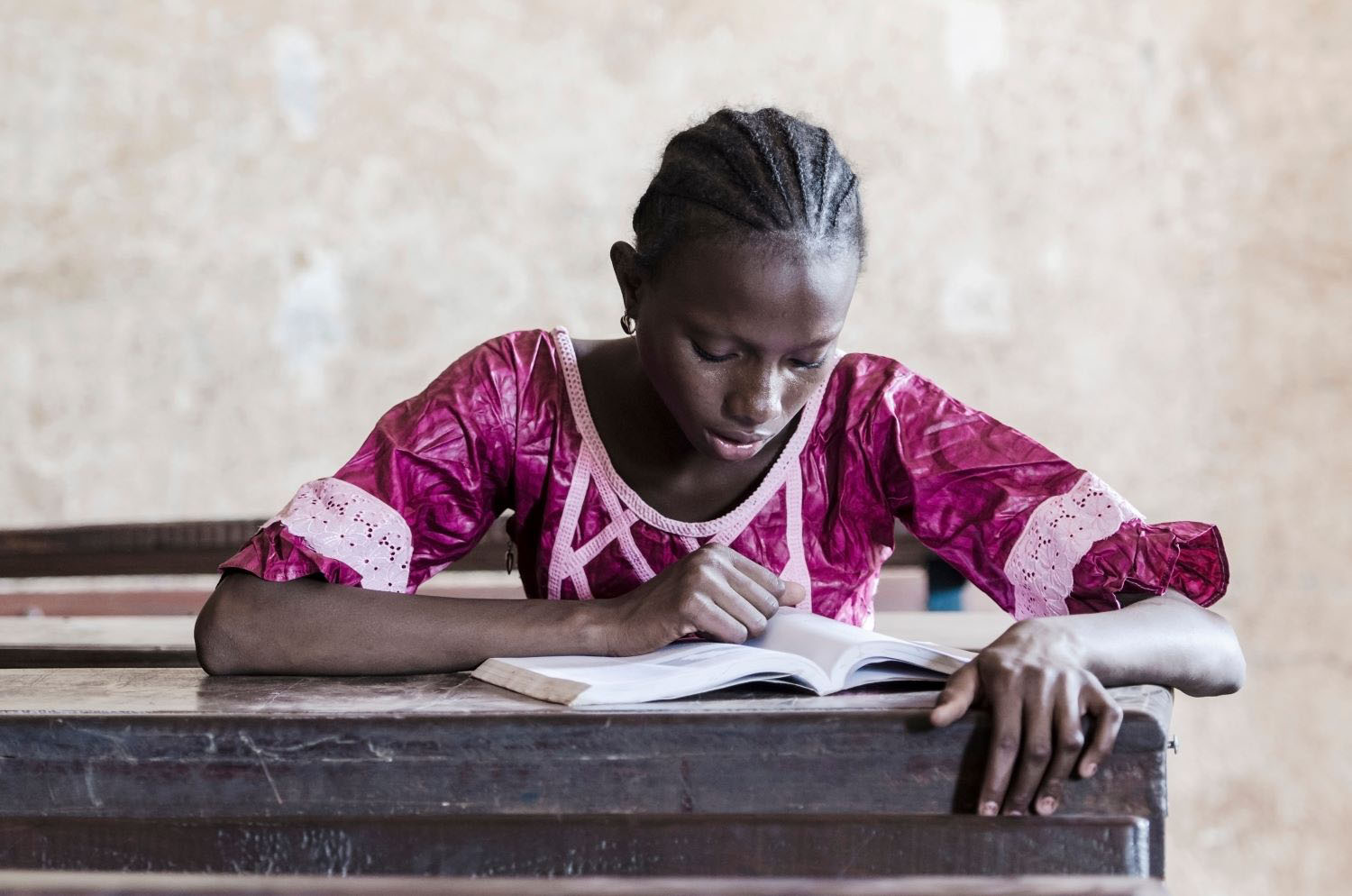Ideas to action: independent research for global prosperity
Research
Innovative, independent, peer-reviewed. Explore the latest economic research and policy proposals from CGD’s global development experts.
WORKING PAPERS
April 11, 2024
POLICY PAPERS
April 15, 2024
CGD NOTES
April 08, 2024
WORKING PAPERS
April 04, 2024
All Research
Filters:
Experts
Facet Toggle
Topics
Facet Toggle
Publication Type
Facet Toggle
Time Frame
Facet Toggle
Research
WORKING PAPERS
April 11, 2024
This study investigates the short-term impacts of a school leadership professional development program implemented in 525 randomly selected schools across Rwanda from 2018 to 2019. The program aimed to enhance the skills of school headteachers in leadership, management, and teacher support. Although...
WORKING PAPERS
February 05, 2024
Textbooks play a critical role in schooling around the world but many books continue to under-represent women and girls, and to portray men and women in stereotypical gendered roles. In this paper, we use quantitative text analysis to assess the degree of gender bias in a newly assembled corpus of 1...
CGD NOTES
December 06, 2023
The first SDG4 target is to both expand access to universal secondary school and to ensure that all children achieve minimum learning outcomes in primary school. To the extent that action must be prioritized, this article argues that achieving universal secondary education is both more feasible at s...







